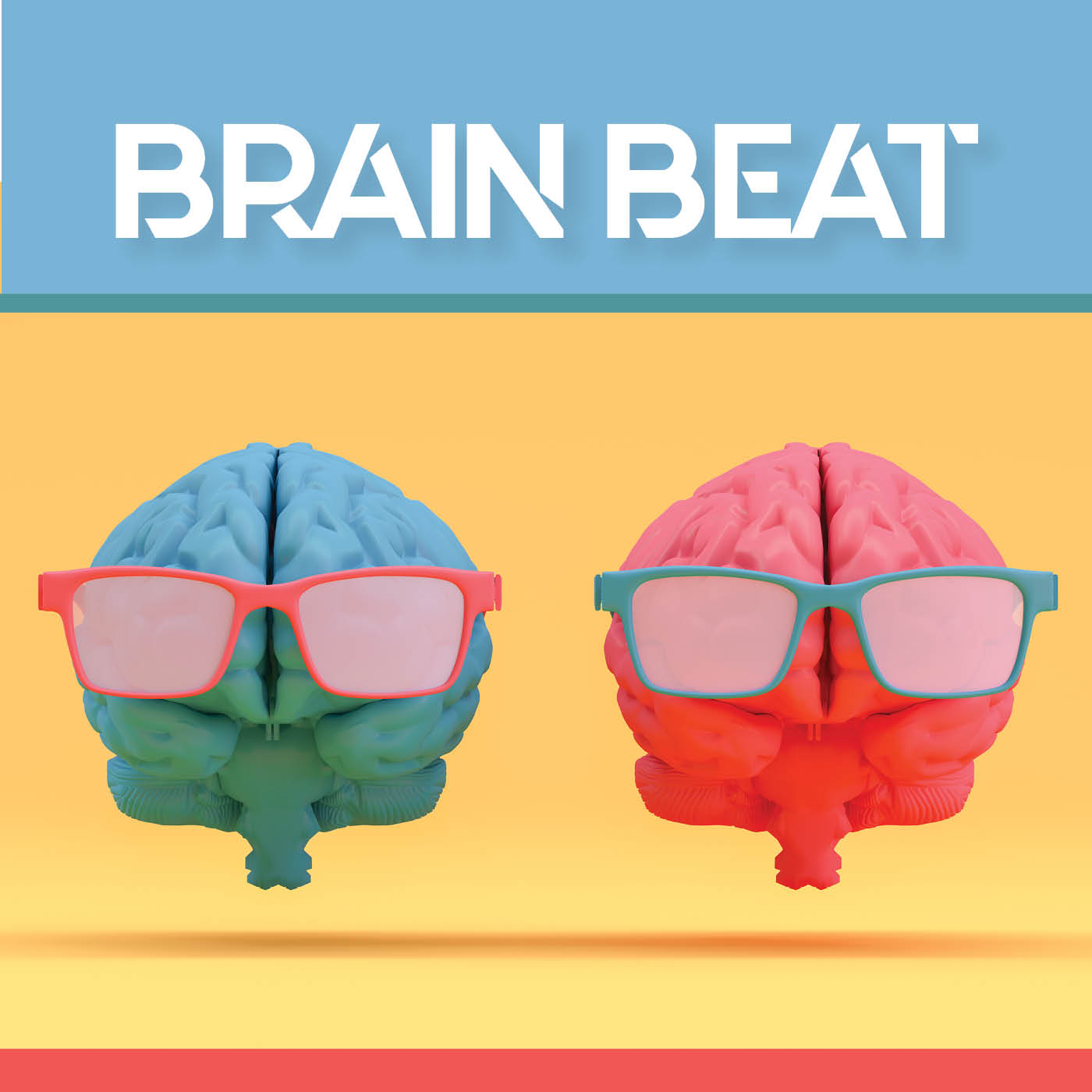We can't find the internet
Attempting to reconnect
Something went wrong!
Attempting to reconnect

Access AI content by logging in
On this episode of the Brain Beat Podcast, Dr. Peter Arnett will be acting as host and Dr. John DeLuca, Senior Vice President for Research and Training at the Kessler Foundation and professor at Rutgers medical school, will be talking about cognitive rehabilitation. Dr. DeLuca is internationally recognized in this field, has written over 350 articles and book chapters on this topic, and is a co editor for the Encyclopedia of Clinical Neuropsychology. Having received over $38 million in research grants, his most recent work pertains to cerebral mapping of human cognitive processes using functional neuroimaging in addition to developing research techniques to improve cognitive impairment.
The pair open up this episode by talking about cognitive rehabilitation and why these treatments are not as accessible as they should be. As a truly individualized plan for care, cognitive rehabilitation seeks to assuage any issues related to a brain injury or trauma a patient may have. Symptoms typically come in forms of memory loss or fatigue, but cognitive rehabilitation can also be used to treat attention deficit disorders in children. One approach to treat these symptoms is spaced learning, a technique that stresses the importance of intervals. Dr. DeLuca goes on to discuss more cognitive rehabilitation approaches like recording lectures and joining book clubs, and draws the episode to a close by reiterating just how important this individualized treatment plan is, and why it’s a shame that access to it isn’t more fair.
Episode Highlights:
- Cognitive rehabilitation as a program treating the entire patient
- How patients can access cognitive rehabilitation treatments
- The importance of individualized care
- Rehabilitation techniques
- Spaced Learning
- Why anxiety and depression might prohibit memory retrieval
- Unfair access to healthcare
Quotes:
“A cognitive rehabilitation program treats the entire patient.”
“One of the interesting things about the pandemic is that teleservices, telerehabilitation, and telemedicine have become more of an acceptable way to obtain treatment. I would certainly say before the pandemic, that would have been a huge challenge.”
“A cognitive rehabilitation approach may start off with quite a few sessions, but it could end up where let's just say a few months from now, you're meeting once a month with a therapist to deal with the lingering issues, which may be for example, fatigue.”
“It doesn't have to be a full blown severe brain injury that you go for cognitive rehabilitation, it can be more subtle problems.”
“So even when there are areas of the brain that are damaged, when you provide cognitive services, the brain can actually reroute those kinds of things that need to be done to make sure that the tasks or the behaviors can be once again functional.”
“We always want to help our patients. And, and sometimes, you know, you have to be able to try to get the treatment that you need. Unfortunately, it may not be the easiest thing in the world.”
Links:
National Academy of Neuropsychology Foundation website